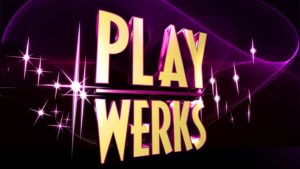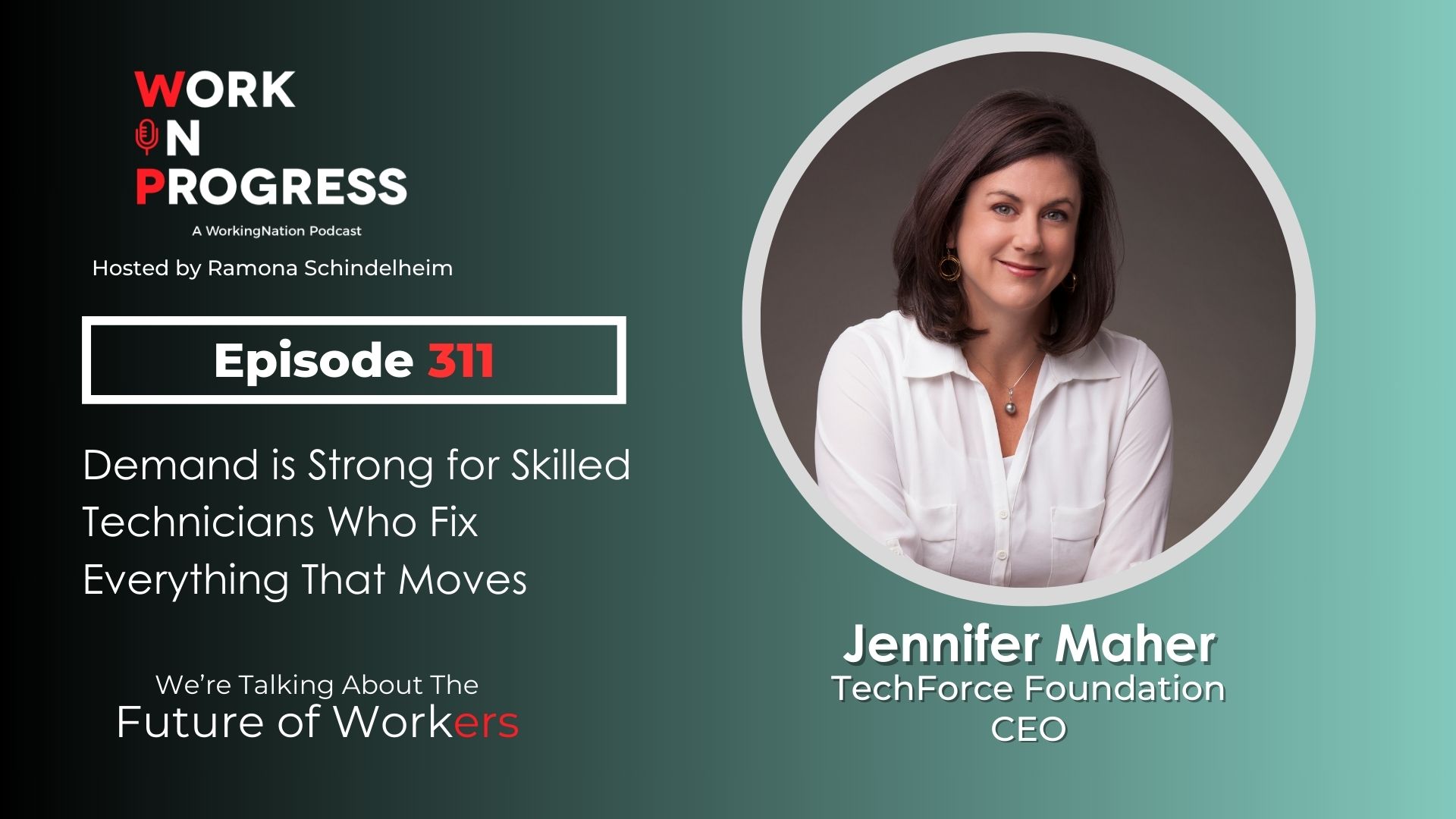When you look at the education trends for students starting as young as primary and secondary school age, females and males enroll in and perform well in math and sciences classes at a relatively equal rate. In fact, the K-12 numbers show slightly more females enroll in advanced science classes than males (22% versus 18%) and there’s a balance when it comes to high-level math courses, and AP exams in calculus, statistics and chemistry.
But the gender gap starts to widen in courses such as engineering and computer sciences. That disparity gets even bigger at the college level, where women earn fewer than 20% of the bachelor’s degrees in those same programs. Overall, women are half of the total U.S. college-educated workforce, but only 29% are in the fields of science and engineering.
A Los Angeles-based tech entrepreneur is trying to bring back the balance found in students’ formative years, with two programs aimed mostly at females, while not excluding males. “I grew up in a world of equality and I am going to bring that back. I think we have only just begun,” says Shirin Laor-Raz Salemnia.
Salemnia is the founder and CEO of PlayWerks, an interactive media company, and the founder of WhizGirls Academy, an organization that engages students in project-based learning and gamification which helps them with tech and digital literacy and coding skills. She launched both initiatives after holding dream jobs in the toy industry.
A girl with ‘Big’ dreams
“I wanted to be like Tom Hanks in the movie Big since I saw it in 1987. I got a lot of resistance from my college and the college career center but had one professor who was my champion. I set out to do an informational interview with my soon-to-be boss at Mattel in Consumer Research and asked him for a job at the end. He initially said ‘no’ but I kept in touch with him for nine months, displayed passion, perseverance and grit, and he created a job for me.”
She worked at Mattel for three years in the Girls Division and then went to MGA to start its research department from scratch. She also became the brand manager as well. She felt a longing to give back to her community and she says it led to her journey on the “tech yellow brick road,” with the goal of creating a STEM pipeline of kids. All kids!
“I remembered where I first learned how to code and the first language that I coded in was Fortran. I also remembered that [my teacher] never pointed a finger to the girls in the class. We were all equals — girls and boys,” she recalls. “I grew up with equality in tech. Boys and girls were learning coding and playing Carmen San Diego on an Apple 2c green screen computer with mandatory computer science every day in the Los Angeles public school with a female computer science teacher.”
Paying it forward and filling the gap
Just as her early and college teachers gave her encouragement and access to STEM, Salemnia’s focus has now come full circle.
PlayWerks creates original intellectual property which she describes as “Carmen San Diego, in a sense, but a STEM version with new characters.” The multi-platform lifestyle brands are for all ages. WhizGirls Academy is open to students as young as eight years old, and so far 3,700 students have participated.
“Eight-to-nine-year-olds are the perfect age, as research studies have shown that kids drop off from STEM after that,” Salemnia says. “When they start young like I did they always have to reflect on the good times during childhood when they learned coding and tech.”
The Academy partners with schools, Boys and Girls Clubs, Girl Scouts, Job Corps, and other organizations. It uses the characters in games for project-based learning and hackathons, and the program also incorporates healthy, balanced lifestyle elements and partners.
“We’ve done basketball with the Sparks, we’ve done basketball with Michael Jordan’s basketball clinic,” she says. “There’s an element of fitness, there’s an element of mindfulness and meditation and healthy eating. And we also teach them how to be entrepreneurs.”
A big component of the Academy is a hackathon, in which the end goals of the projects are supposed to help their local communities. Salemnia hosted the first hackathon for the White House Council on Women and Girls in 2013 under the Obama administration. The following year, she produced a similar event in her home state of California at Los Angeles City Hall, in which 150 kids participated.
“The kids pitch their innovative projects (Shark Tank-style) to judges at the end of the day. A few of the projects have included an app to help clean up the beach, an app to help the homeless, a website to help with the drought a few years ago, a website to help kids not procrastinate at school, a high-tech shoe idea for a WNBA basketball player to help her jump higher and faster, and more. We give the kids free reign and the tools to come up with innovative ideas for their neighborhoods,” she says.
While she says COPPA rule prevents her from identifying direct quotes from some Academy attendees, a collection of solicited comments about WhizGirls Academy events for this story include, “I learned how to work on a team, pitch a business project, how to meditate, basketball tips from Michael Jordan’s clinic, career advice from an engineer at NASA/JPL, how to get a job in the tech space.”
Building a social impact brand
Salemnia stresses the importance of inclusivity. She calls the Academy “girl focused, boy inclusive.”
“I’m building a social impact brand that’s a lifestyle brand for girls. And I say that we’re ‘girl focused and boy inclusive’ because I think it’s really important,” she says. “The brand is called WhizGirls but it is gender-neutral. We have been boy inclusive from day one. I grew up with the equality. Equal access for girls is super important and I think that we’re all in it together.”
Salemnia says hopes more programs will be created, not just within school systems or universities but outside of traditional education.
“Also, there needs to be more programs that address the healthy balanced lifestyle like we do. People need to learn how to meditate, how to eat healthy, take care of their bodies, and learn about tech, coding, and entrepreneurship in the same vein,” she says.
A recent study by Code.org showed that there are 500,000 open computing jobs in the country, with a projection that the number will grow at twice the rate of other jobs over the next few years. Salemnia believes her programs help fill the pipeline.
“Basically it’s giving students awareness and options. And with our programs, there are all these careers that you never knew of. Now you can be a coder and a programmer, you can create your own game, you can work at Google, you can have access and pathways and careers because we also have mentors in our program,” Salemnia says. “And I think that’s the biggest part of all of this — as they need more exposure to future and potential careers — having mentors tell them that they can do it and seeing that they can do it. Because there are people like me and others in the industry who they don’t really know who are actually doing stuff.”
At least one WhizGirls Academy participant agrees: “Yes, there are so many career opportunities in STEM that I did not know about. This program has been game-changing for me.”
Victoria Lim is a California-based, award-winning journalist.
You May Also Like…
Women in tech: Cultivating diversity
Girls Who Code: Nurturing the next generation of engineering leaders
How a coding class opened my eyes to a new world of opportunities













